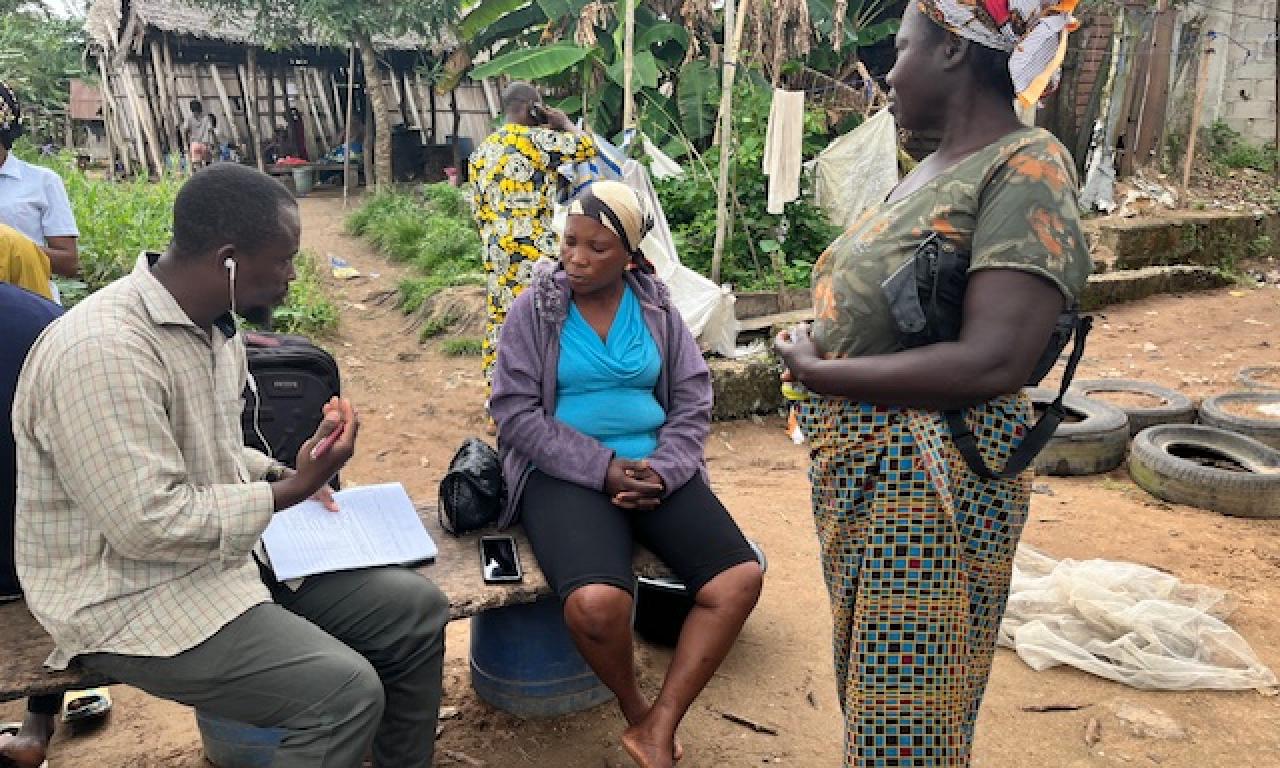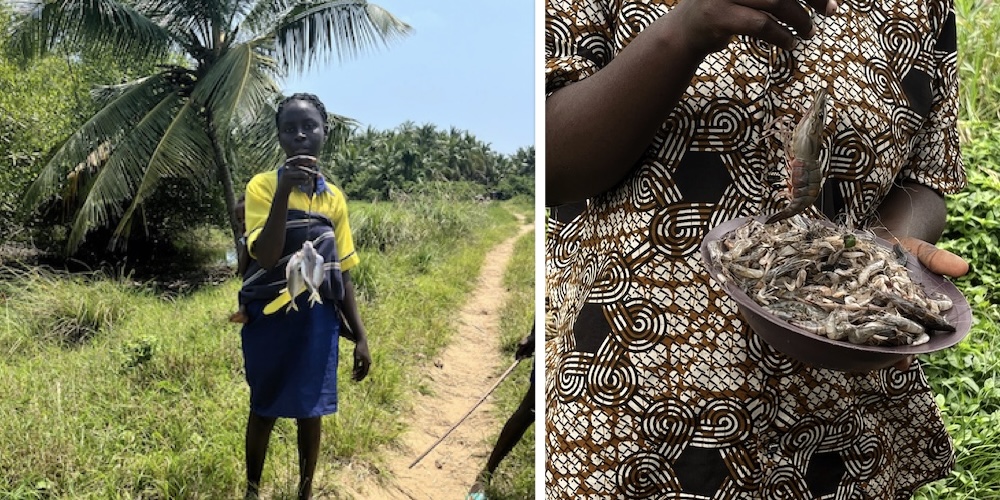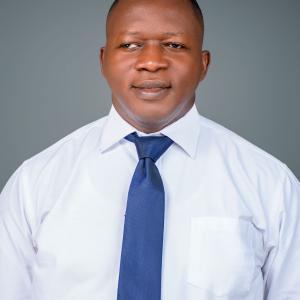
Going out sea to fish has traditionally been a man’s occupation in Nigeria. However, there are aquatic economic opportunities closer to shore, which might allow women to expand their participation in the fisheries sector.
Integrated Multi-Trophic Aquaculture (IMTA) is a sustainable aquaculture system that involves cultivating multiple species (e.g., finfish, seaweed, crabs, etc.) in the same body of water, promoting biodiversity, and reducing environmental impact. This approach can create new economic opportunities for women in rural areas by providing alternative sources of income and diversifying their livelihoods.
IMTA is part of the Asia–Africa BlueTech Superhighway (AABS) project, which is funded by the UK Foreign, Commonwealth & Development Office and led by WorldFish in collaboration with a host of partners.
AABS researchers visited three states in Nigeria (Lagos, Ogun and Ondo) to implement IMTA activities, beginning with a scoping study. The three states were selected during project planning among the nine Nigerian coastal states for the pilot implementation of IMTA.
“These efforts represent key pillars of our activities,” said Cyndi Murray, AABS Project Lead at WorldFish. “AABS aims to transform the livelihoods of coastal communities across Asian and African countries, particularly for women and youth, by developing sustainable and resilient aquatic food systems.”
Looking for Gender Equality in Fishing Operations
As the AABS Nigerian team traveled through the three states, they discovered that although Nigerian women are often involved in the post-harvest processing and marketing of fish, their participation in fishing operations is relatively limited. This gender disparity is attributed to several factors.
Cultural and Societal Norms
The Food and Agriculture Organization of the United Nations (FAO) has examined gender roles in the fishing sector globally and noted in many regions, including Nigeria, that cultural norms often limit women's participation in fishing activities and access to resources like boats and equipment.
The men who spoke with AABS enumerators explained that because of the hard work involved — from launching into the deep water, setting traps for fish and pulling the boat back to the shore after each exercise — the average woman can’t do it.
A fisherman, Oziegbe Michael, who operates a fishing boat in Ago Egun, Reri/Ofin area of Oreta, Ikorodu, Lagos State, said they do not have women going to the sea with them because,“fishing is a man’s job, and we don’t expect our women to get involved in it.”
Economic Constraints
Other FAO research discusses how women in fisheries, in developing countries such as Nigeria, face financial barriers to accessing resources like boats, nets, and licenses, often because of limited access to credit and financing.
Another fisherman, Uteteh, who does commercial fishing at Igbokoda, Ondo State, also explained that fishing is capital-intensive and that women in fishing communities don’t have the financial support for purchasing boats and other fishing equipment.
“Although we are members of some cooperative societies that grant soft loans with low interest rates, our individual contributions are not enough to grant us big loans to buy fishing equipment that will enable us to go to sea,” said Alhaja Khadijah, a female fish processor at Magbon Alade, in Lagos State. “In the event of that happening, we would still need to engage male fishers to do the job,” she added.
Safety Concerns
The fishermen who spoke with the AABS team explained that fishing in deep waters can be dangerous, and that women may be discouraged from participating due to safety concerns.
This was corroborated by the female fish processors that AABS enumerators spoke with. One of them, who simply identified as Mama Epe, a commercial fish processor at Ode-Omi in Ijebu Waterside of Ogun State, said that apart from women like her who only engage in small-scale commercial processing of fish for sale, women who venture into the sea only do so for catching crustaceans such as crabs, crayfish, shrimp and prawns.
“Unlike men who venture farther into the sea, women in our fishing community don’t go that far. Maybe we will, someday, with the right support. But until then, we’re either involved in processing fish for sale or doing small scale shell fishing,” Mama Epe said.
When told of the possibilities of mariculture, where they do not need to foray into the high seas for fishing, the women surveyed said it would be a welcome development and that they are willing to avail themselves of the opportunity, whether as individuals or as cooperative groups.

Role of AABS-IMTA in Improving Women's Participation in Mariculture
Women participating in harvesting of shellfish, particularly crabs and prawns, in brackish shallow waters or intertidal zones which are more accessible to women than deep-sea fishing, is well established in scientific literature; and the AABS scoping study revealed as much. Therefore, the establishment of some model of IMTA in these areas could encourage the involvement of women in coastal aquaculture, as compared to the risks and barriers associated with deep-sea activities.
Because of the ease of accessibility, women can even establish their own IMTA operations, gaining control over their livelihoods and contributing to local economies in addition to their already established roles in the aquaculture value chain.
By implementing AABS-IMTA, Nigeria can create a more inclusive and equitable fisheries sector. These approaches can provide women with access to resources, training, and support, enabling them to participate meaningfully in the sector and benefit from its economic opportunities.

